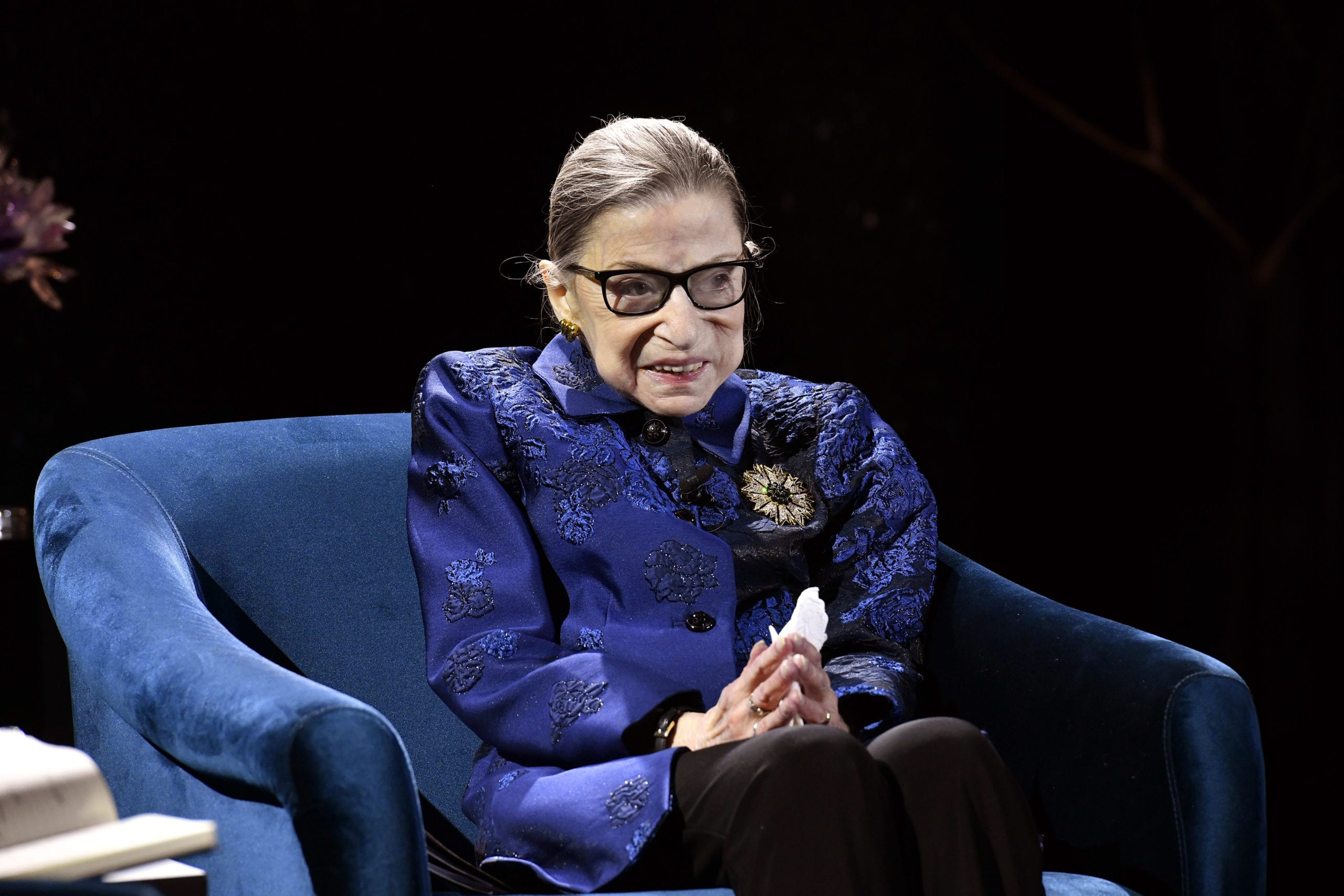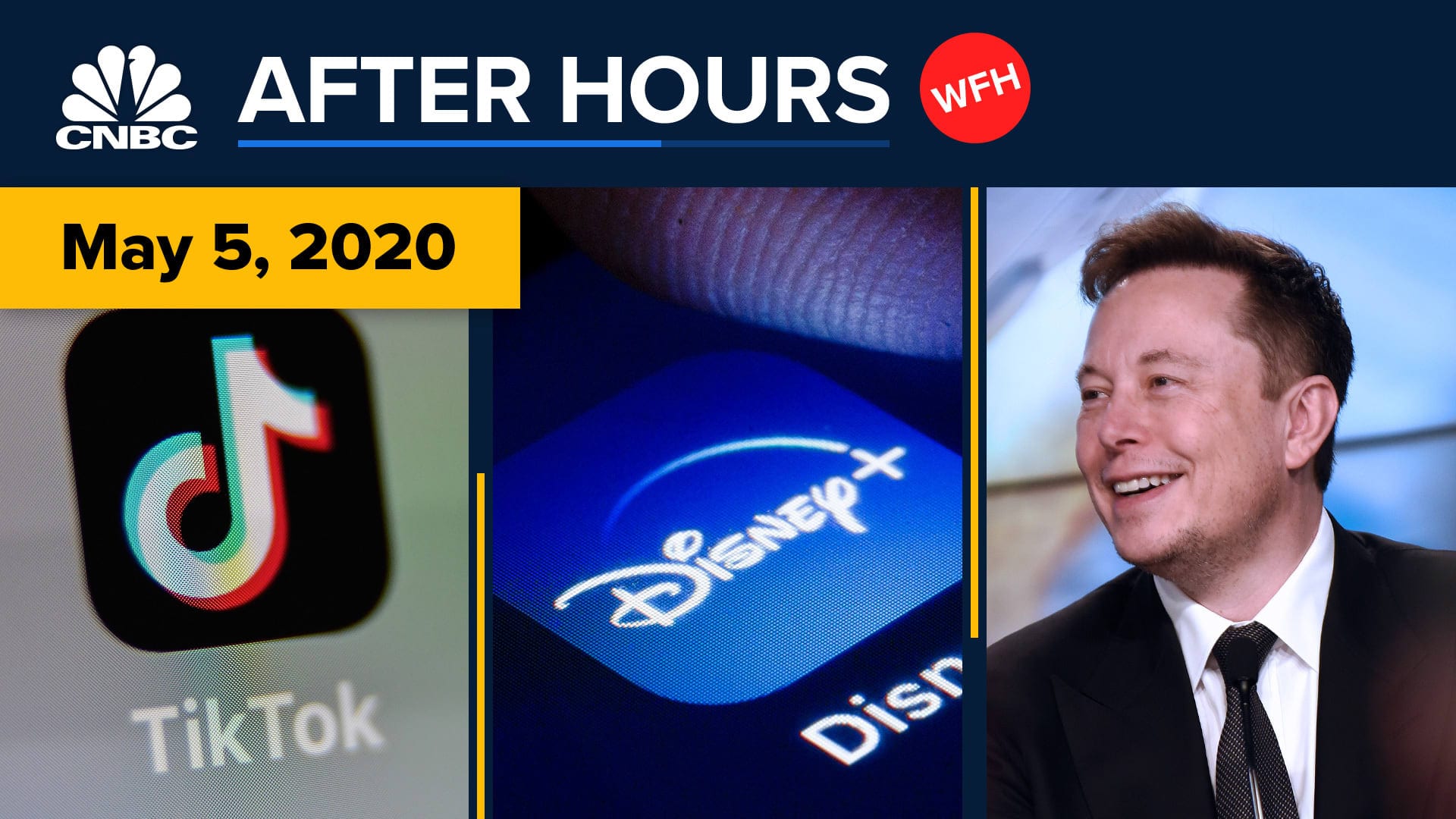[ad_1]
The seats are empty at the Amway Center in Orlando, home of the NBAs Orlando Magic, on Thursday, March 12, 2020. The NBA has suspended the season due to the coronavirus — as have other sports.
Stephen M. Dowell | Orlando Sentinel | Tribune News Service via Getty Images
There is a bubble on the verge of bursting throughout sports leagues, adding to the already mounting problems facing an industry currently on pause due to the coronavirus pandemic.
While leagues like the NBA, MLB and NHL have all suspended their seasons, a big bill could come due if they’re forced to outright cancel games, triggering a flood of calls from ticket holders for refunds.
“It’s going be like what the airline and cruise lines are going through,” longtime sports exec Dr. Harvey Schiller told CNBC in an interview. “They are going have to come up with some general refund policy depending on the league.”
The coronavirus is especially hurting the NBA and NHL, which are usually busy around this time as they gear up for playoff games and woo season ticket holders about renewal options for the next season. Clubs also lose the ability to continue tracking data from fans’ in-stadium spending habits and game day routines in an age of creating more personalized experiences in arenas.
In a various conversations with team executives, who spoke to CNBC on condition of anonymity, some clubs have already refunded fans who requested it, while other teams are offering discounted prices for ticket packages once fans are allowed back.
But teams will not be able to retain fans’ money too much longer. With unemployment skyrocketing, affecting more than 20 million people within the last month, more consumers will demand refunds, setting off phase one of what some in the sports industry said will be a period of revamping ticket monetization concepts after the pandemic is over.
Schiller said teams would need to “get creative,” especially during a period of fan-free arenas, at least until new safety protocols are established and a coronavirus vaccine or treatment becomes available. And even when fans are allowed back in arenas, clubs won’t be able to offer ticket packages with just merchandise, food and beverage items included. Concepts for sporting events will have to change for a new generation of fans, while still retaining established customers.
Suffering at the gate
Schiller, the former president of the defunct NHL franchise, the Atlanta Thrashers, said it’s not unusual for teams to take out loans and use projected ticket sales as collateral, as clubs need funding to sustain operations throughout the year.
More than likely, he said, those loans aren’t in jeopardy, as banks know sports teams are good for repaying. But until fans are allowed back in, organizations will need to find a way to make up game day dollars, which accounts for a substantial percentage of yearly revenue.
According to one of the sports execs, the average gate receipt for a non-playoff NBA game is roughly $1 to $1.5 million. Last month, NBC Sports estimated the league could lose $500 million in ticket revenue when factoring in postseason games.
According to a outlook report by accounting firm PricewaterhouseCoopers (PwC), gate revenue for the North American sports market grossed $19.2 billion in 2018, and is projected to increase to $21.8 billion in 2023.
Marty Conway, a longtime sports marketing exec who developed digital and business strategies for organizations like AOL and the MLB’s Baltimore Orioles said he last estimated ticket revenue makes up roughly 36% of the NHL’s annual revenue, 30% of MLB’s and 22% of the NBA’s.
Conway, an adjunct professor at Georgetown University’s McDonough School of Business, said the NBA and NHL are attempting to return not only for media dollars but “additional postseason ticketing revenues.”
“Gate receipts are important; that’s real money,” added former CBS Sports president Neal Pilson, who predicted a limited return to sports this summer with so much still unknown about Covid-19.
Ticketing 2.0
With ticket revenue at risk, team execs are already contemplating what the future of their sport will look like in a world with no or a limited number of fans at games, at least in the short-term. Many teams have added a variety of subscription packages to attract younger fans and those who avoid buying full-season packages, but that model needs another upgrade in the post-coronavirus world.
Chris McGowan the CEO of Vulcan Sports and Entertainment, the company started by late Microsoft co-founder Paul Allen, said his team the Portland Trailblazers will “use this opportunity to look at every aspect of our entire operation.”
“What are areas we need to improve, areas we need to change?” McGowan said. “We are having lots conversations about that.” McGowan added that “technology is going to be a big factor” in new ticket offerings.
Mark Miller is the CEO of TicketSocket, a Newport Beach, California company that specializes in white labeling ticket solutions. Asked what new methods teams can adopt to help preserve ticket income, Miller suggested leagues get innovative about selling “single seats digitally” via virtual reality.
The VR concept is one both the NBA and NHL has experimented with for several years, as the leagues seek to provide a better experience for at-home viewers.
In 2019, the NHL partnered with tech company NextVR and Disney to enhance the VR experience, aiming to bring fans “closer to the on-ice action” and “make them feel like they are at a live NHL game,” according to a statement by Chris Golier, NHL vice president of business development.
And in 2017, the MLB partnered with Intel to launch its VR experience. Leagues will need to enhance their platforms in hopes to entice customers, and now could be the opportunity leagues to invest in more augmented reality (AR) and VR experiences, a market projected to reach over $100 billion by 2025.
Companies like Imagination Park Technologies Inc. are already ahead of the curve in offering mobile based AR experiences, partnering with teams like the Sacramento Kings to create future AR offerings.
“Those are the technologies that have to be invested in and expanded by [teams] because they’ve got to fill the void for [lost attendance],” Miller said.
Don White, the CEO of Satisfi Labs, an artificial intelligence management platform company, said tech firms are already studying “how to make your couch into this real premiere event until we can get back live audiences.”
“It’s an expansion as opposed to a transition,” White said. “Ticketing is an important concept. I don’t think we should get away from ticketing in general because the ticket will also be your paid access. I think for sports, it’s important the ticket stays in the system.”
The loss of on-site advertising dollars will also be an issue for some clubs. McGowan said the Blazers hadn’t experienced any significant pullback from ad partners with games on hold, but the team is in daily communication with companies as financial circumstances change.
But even though companies are honoring partnerships, the structure of those agreements could look different.
A Coronavirus sign inside the Pepsi Center, before the game between the New York Rangers against the Colorado Avalanche on March 11, 2020.
Ron Chenoy-USA TODAY Sports | REUTERS
Sports marketing post-Covid
IEG, a consultancy that’s owned by Bruin Sports Capital, last week released a study estimating that $10 billion in sponsorship value in the U.S. could be disrupted by the sports and entertainment shutdown, with 20,000 sports and entertainment properties affected. The group said more than 5,000 brands are working through how to make up that value, while 120,000 active sponsorships have been impacted. The survey found that 62% of sponsors are re-evaluating their plans, while 20% are decreasing spending and 15% aren’t making changes yet.
David Aburtyn, a partner at Bruin, said this doesn’t mean that $10 billion is lost, but that some new business could certainly be lost. Going forward, he said brands are thinking about how to do things in new, different ways.
“That’s an area ripe for creativity and innovation,” Aburtyn said.
One certainty we’ll see: Different timelines in the sponsorship world. Typically, sponsorships are planned far out, but some brands right now are thinking about what they can do in the much nearer-term, Aburtyn said.
But fan-less events has an impact for sponsors, many of whom use sporting events to bring clients or prospects.
“You don’t have an ability to host people and give them experiences — that stuff is very valuable as a sponsor,” said Dan Parise, SVP and managing director for Scout Sports & Entertainment, a division of Horizon Media.
Parise said he hasn’t had any conversations about replicating that, say, with a video call with a client or prospect aligning with the event.
“There’s a little bit lost on the impact of face-to-face,” when communicating via video instead of in-person, he said.
Right now with so much uncertainty about the months ahead, the tenor of business seems to have cooled. Scout’s Parise said there doesn’t appear to be an overwhelming desire to buy sponsorships right now. And existing sponsors are thinking through a litany of contingencies.
“I think existing sponsors are trying to think about the various contingencies that they could have — if baseball happens in this way, how do I shift my activation strategy? If it happens with fans, without fans?” Parise said.
Potential sponsors might also be struggling themselves.
“There are a lot of businesses that are hurting,” Parise said. “It’s harder for the sales folks to be out there pounding the pavement to find new sponsors; they don’t want to be seen as insensitive during this time.”
So much is in flux, but fanless sports might throw the financials of the whole sports ticketing and marketing world off kilter.
“The economics are so cranked up, and they’re cranked up because of media advertising and gate receipts,” said Dave Morgan, founder and CEO of Simulmedia and longtime media industry executive. “If you take away the gate receipts, media advertising can’t spend more, and media advertising depends a lot on a physical venue and a physical integration with the fans. So I would say, sports without fans takes a huge part of the value component that makes the economics work. And the question will be, out of whose pocket will this come?”















